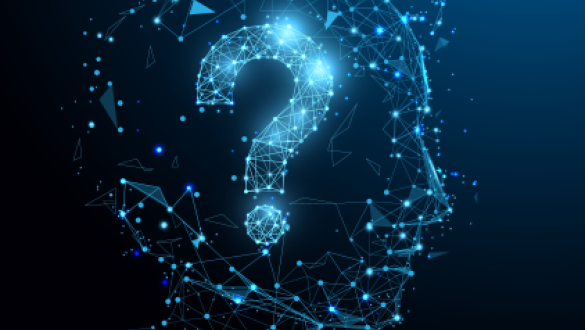Votre question concerne quel type d'offre ?
Votre question concerne quel couloir Ségur ?
Votre question concerne quel dispositif Ségur ?
Votre question concerne quel produit ou service produit?
Votre question concerne quelle thématique ?
The ANS conducted a study on telehealth in France, based on 14 practices covering 11 specialties. These are:
- nephrology, geriatrics, cardiology, orthopedics/traumatology, anethesia, psychiatry, gerontopsychiatry (teleconsultation practices);
- neuropediatrics, dermatology, maxillofacial surgery (tele-expertise practices);
- ophthalmology, medical and surgical neurology, tele-radiology, chronic wounds treatment (multi-act practices).
These practices are presented as fact sheets in the document below “Restitution des cas d’usage en télémédecine”
Cette réponse vous a-t-elle été utile ?
The study conducted by the ANS helped establish that the equipment used in telehealth practices can be :
- A space dedicated to telehealth
- A teleconsultation booth
- A console with screen
- A teleconsultation cart
- A visioconference cart
- A PACS console
- A computer with webcam
- A digital tablet
- A smartphone
- Carte Vitale reader
- Digital dermatoscope
- Digital otoscope
- Digital ophthalmoscope
- Digital fundus camera
- Connected echograph scanner
- Connected thermometer, stetoscope, scale and tensionmeter
Further information is available in the Documentation.
Cette réponse vous a-t-elle été utile ?
It is compulsory to have an individual CPx-type card to log in to the INSi teleservice. Three types of cards are supported: CPS, CPE, CPF.
Cette réponse vous a-t-elle été utile ?
Your level of access to the ROR data depends on the nature of the data you wish to use (public/restricted) and the perimeter you wish to cover (one ROR or several ROR directories).
The ROR data in public access:
- is available as opendata since mid-2022;
- will be available directly on the national ROR with no specific procedure in early 2023.
The ROR data in restricted access (professional access):
- for one regional ROR, you must complete a request form to join the regional circle of trust and send it to the region’s GRADeS;
- for several ROR directories, you must complete a request form to join the national circle of trust and send it to the ROR program team.
Cette réponse vous a-t-elle été utile ?
CPx cards issued before December 2020 have a contactless chip that prevents from overwriting its code.
The new CPS R3V3 cards that are now in circulation have a Mifare Desfire chip. These cards can stock crypto-secret keys that work with the Mifare Desfire protocol.
All the information about this feature is available in the Manual to deploy contactless CPx cards (available to download below). One must be cautious about the data inserted in the chip’s writing code.
We strongly advise against using this section of the chip to stock access rights. The ANS recommends you to use the ANSSI guidelines on using a "transparent" reader in connected mode. This does not involve a cryptographic protocol during a badge authentication – only the UTL (logic treatment unit) takes part in the cryptographic protocol.
ANSSI advises against setting up a “smart” badge allowing a double authentication breaking from the UTL.
All the recommendations on securing systems for physical access and video projection are available in the document below, "Recommendations on securing systems for physical and video projection access".
Cette réponse vous a-t-elle été utile ?
This midware allows the interfacing between computer applications, such as the Vivoptim doctors portal and the CPS card.
Cette réponse vous a-t-elle été utile ?
PLATINES is a platform dedicated to interoperability tests for eHealth. It stimulates a ROR (version 2.4) and gives you the opportunity to use “test” data via several professional cases (a total of 94 test scenarios are available). These test scenarios are valid for the current ROR as well as the national ROR.
You must contact the ROR program team to request access to PLATINES.
Cette réponse vous a-t-elle été utile ?


